Optimise your health: 13 things you should do daily
Get up early, sweat 20 stairs, take time on your teeth, list the small stuff, chew gum. Even just stand. Tiny tweaks can have big benefits.
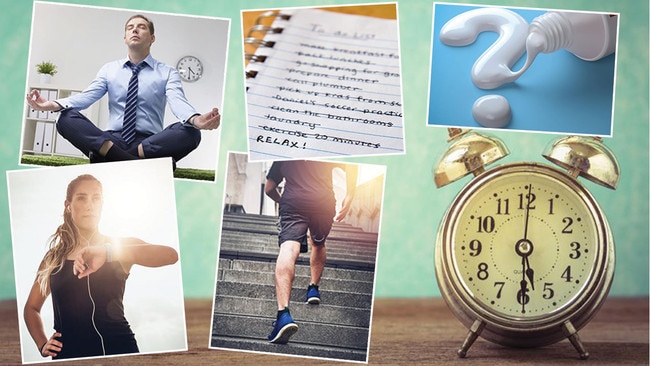
Even with the best intentions, we can’t lead our lives governed by health rules 24 hours a day. Yet how we apportion our time can make a significant difference to our wellbeing and even prolong our lifespan. Here’s how experts suggest we use our minutes wisely:
Get up 60 minutes earlier than usual
A recent study involving 840,000 people conducted at the University of Colorado showed how waking up 60 minutes earlier could reduce the risk of depression. Most participants in the trial went to bed about 11pm and got up at 6am, which meant what Celine Vetter, an assistant professor of integrative physiology who led the study, called their “sleep mid-point” was about 3am.
Going to bed an hour earlier and getting up an hour earlier shifted that midpoint by an hour, which corresponded to a 23 per cent lower risk of major depressive disorder, possibly because the greater light exposure first thing resulted in triggering hormones that positively influence mood, Vetter and her team suggest. But whatever your sleeping midpoint, the benefits should be similar if you shift it an hour earlier, they say. So if you usually go to bed at 11.30pm and get up at 8.30am, switching your sleep midpoint from 4am to 3am could boost your mood.
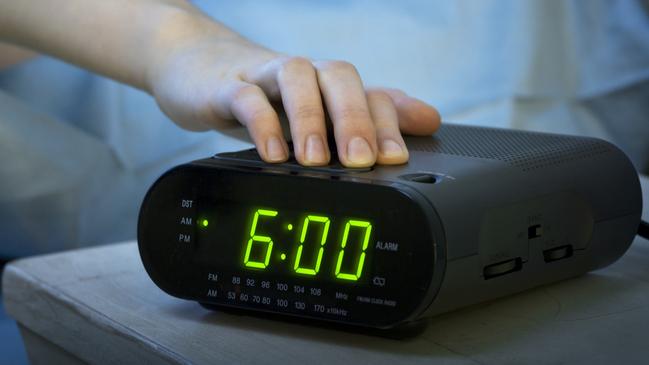
Brush your teeth for four minutes
Dentists have traditionally recommended we brush our teeth for two minutes each morning and evening (and that we do so before breakfast, because brushing them immediately after a meal can exacerbate acid-related damage). Even that is a stretch for many, with researchers showing that people who think they brush appropriately actually manage only 45 seconds of brushing. Some studies suggest that three to four minutes of brushing per session is optimal for effective plaque removal and squeaky-clean teeth. “If you brush well then a total four daily minutes is sufficient,” says Dr Nigel Carter of the Oral Health Foundation. “Most people get nowhere close, so aiming for longer than your current brushing would help.”
Meditate for 13 minutes
Plenty of studies confirm that mindfulness meditation can reduce stress, improve sleep and fire up cognitive powers for the day. Research by psychologists from New York University found 13 minutes to be the sweet spot for all-round benefits including decreased negative mood and anxiety and improved attention span and memory, although consistency is what counts.
“Set up a routine time, such as when you wake up, and start with five minutes, progressively lengthening your sessions but to no longer than about 20 minutes,” says Dr Steven Laureys, a neurologist and the author of The No-Nonsense Meditation Book (Green Tree). “Even if all you do is take deep breaths, you will benefit from the moment of quiet and full awareness if you do it every day.”
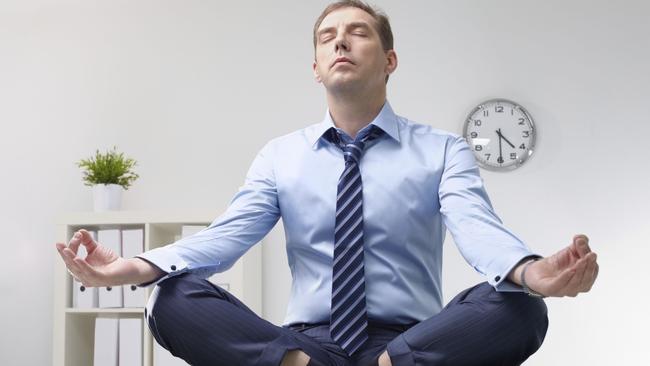
Stretch for seven minutes
The longer you spend in a seated position at a desk or in the car, the more time you need to devote to stretching tightened muscles, allowing your body to uncoil.
Roger Frampton, a movement coach and the author of Stretch (Pavilion, pounds 14.99), says seven minutes is the “bare minimum” we should set aside for daily flexibility and mobility exercises.
“That constitutes 1 per cent of your day devoted to something that will improve balance, blood flow to your joints, posture and functional movement,” he says. “Stretch your spine, hips and shoulders and add a balance move such as standing on one leg to cover the basics.”
Once you manage a daily seven minutes, try increasing the duration to 14 minutes. “The more time you can spend stretching the better, but consistency wins the day and a little often is better than one yoga class a week,” he says. For daily stretches he suggests including the ankle grab for the spine – stand with feet together and bend forward from the hips to grab the ankles or calf (as low as you can go) – and the frog stretch to unstick the hips: kneel on the floor sideways to a wall with right leg outstretched so that right foot is flat against the wall, toes up. Wiggle your left knee out as wide as possible to feel the stretch and hold. Repeat on both sides for as long as feels comfortable.
Climb stairs for 20 seconds
Stair climbing is a great workout for the leg and glute muscles as well as for the heart and lungs. And micro-workouts of only 20 seconds’ worth of brisk stair climbing (followed by a walk back down) three times a day – a daily total of 60 seconds intense exercise – is enough to produce improvements in fitness, claim exercise scientists at McMaster University in Canada. After six weeks the group of healthy young participants in the study showed an average 5 per cent improvement in their aerobic fitness and had greater leg power. Aim for a rate of one step per second or faster is the target: in the McMaster trial the participants climbed each flight of 20 stairs, one step at a time, in 20 seconds. A paper presented at the European Society of Cardiology conference showed that the ability to climb 60 steps in less than a minute – at the same pace – is a strong indicator of heart health.
Chew sugar-free gum for 20 minutes after a meal
Chewing sugar-free gum after eating can help to increase the flow of saliva, preventing acid attack of tooth enamel that causes decay, Carter says. “It is the saliva in our mouths that acts as a natural barrier for our teeth and rinses away the acid produced when we eat food,” he says. “Studies have shown the optimum gum chewing time to be 20 minutes because these acids stick around for about that long after a meal.” An analysis of studies by researchers at King’s College London reported that regularly chewing sugar-free gum can reduce the risk of tooth decay by 28 per cent. Brands containing the artificial sweeteners xylitol and sorbitol may provide an extra boost by keeping our mouths sterile. “These sweeteners have antibacterial properties that are also helpful for teeth,” Carter says.
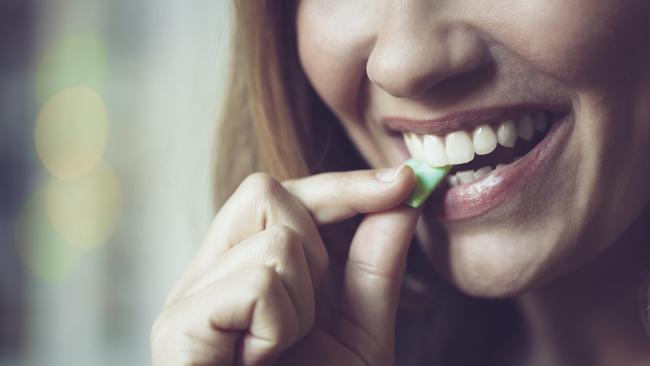
Get outside for 20 minutes
Direct sunlight is its most efficient source of vitamin D, which is synthesised when chemicals in the skin react to ultraviolet rays. Government advice is that between April and September we should get outside sometime between 11am and 3pm, without suncream and making sure the face and arms are exposed, to increase vitamin D levels. Research from the University of Manchester suggests that fair-skinned people should aim to be outside for 10-15 minutes and dark-skinned people for 25-40 minutes per day to meet these needs. There are additional benefits for mind and body if you can head somewhere green. Spending 10-50 minutes in natural spaces can improve mood, focus and physiological markers such as blood pressure and heart rate, according to a 2020 study in Frontiers in Psychology.
Raise your heart and breathing rate for 30 minutes
Most studies investigating the daily activity dose we need to stay healthy and improve our lifespan reach the same conclusion of 30 daily minutes – cumulative or in one bout – on at least five days a week or a weekly total of 150 minutes. Manage this amount and it has been shown to reduce risk of stroke, heart attack, type 2 diabetes and many types of cancer, preventing early death from many causes. “This activity should be moderate intensity, which means it needs to increase your breathing and heart rate,” Dalton Wong, the founder of Twenty Two Training, says. “Strolling very slowly isn’t enough, you need to walk briskly at about 100 steps per minute, or to cycle 16km/hr on flat ground.” The stair-climbing counts towards this target. If you prefer to work in steps accumulated, then for most people 30 minutes translates as 7000-,000 daily steps, suggested a recent study in The Lancet.
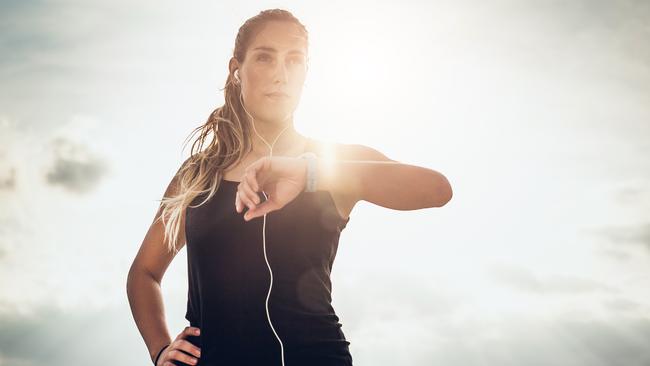
Spend 14 minutes recording everything that you eat
If you want to lose weight, dietary self-monitoring – recording what you eat and drink – is considered the single best predictor of success. It needn’t be too time-consuming, with a study from the University of Vermont showing it takes less than 15 minutes a day to log food intake electronically on an app or website such as MyFitnessPal. At first successful dieters spent an average of 23.2 minutes per day on self-monitoring, but that soon dropped to 14.6 minutes as they became accustomed to the practice. “Those who self-monitored three or more times per day and were consistent day after day were the most successful,” Jean Harvey, chairwoman of the Department of Nutrition and Food Sciences and the lead author of the paper, says. “It seems to be the act of self-monitoring itself that makes the difference.”
Stand up for five minutes
If you sit for eight or nine hours a day, then brief movement breaks can help to offset some of the risks of sedentary behaviour, which include raised blood sugar and cholesterol levels, weight gain, diabetes, depression and obesity.
Setting a timer on your watch or phone to stand up and move around on the hour for five minutes could work. A five-minute hourly movement break led to boosted mood, reduced fatigue levels and fewer food cravings among a group of office workers followed for a study in the International Journal of Behavioral Nutrition and Physical Activity.
Walk for 10 minutes after dinner
Walking after eating aids digestion and also reduces blood sugar spikes that, over time, can predispose you to type 2 diabetes. A 2018 study showed that walking for just ten minutes after a meal reduced blood sugar levels more effectively than a premeal stroll. And if you can’t manage it at any other time, then at least try to walk after your evening meal. Exercise scientists at George Washington University found a short walk after dinner to be better at preventing blood sugar spikes in people at risk of type 2 diabetes than a 45-minute walk in the morning or afternoon.
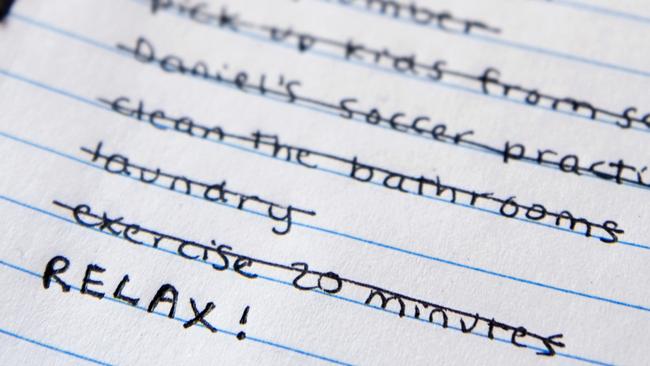
Spend five minutes writing a to-do list before bed
Mentally offloading your work, family and social activities by writing a to-do list last thing at night can help you sleep more soundly, according to psychologists at Baylor University. They found that a group of healthy people who spent five minutes doing just this at bedtime fell asleep faster and reported sleeping better – and the more detail in their lists, the greater the effect. Writing a diary or journal detailing what they had already done didn’t have the same benefits and delayed sleep onset for some. “It can help to empty your mind so that you don’t lie there ruminating,” Dr Neil Stanley, an independent sleep consultant and the author of How to Sleep Well, says.
Sleep for seven hours
Eight hours per night is hailed as the magic number for sleep, but you may need less from middle age onwards, according to a recent study from the University of Cambridge. Scientists there worked with researchers at Fudan University in China to examine data on nearly 500,000 adults from the UK Biobank, who had their sleep patterns and mental health monitored, as well as taking part in a series of cognitive tests. Results showed that getting a consistent seven hours of sleep boosted cognitive performance and mental health, with longer or shorter sleep durations resulting in greater levels of anxiety and reduced general wellbeing.
“Getting a good night’s sleep is important at all stages of life, but particularly as we age,” Professor Barbara Sahakian, a researcher in the department of psychiatry at Cambridge and a lead author of the paper, says.
The Times

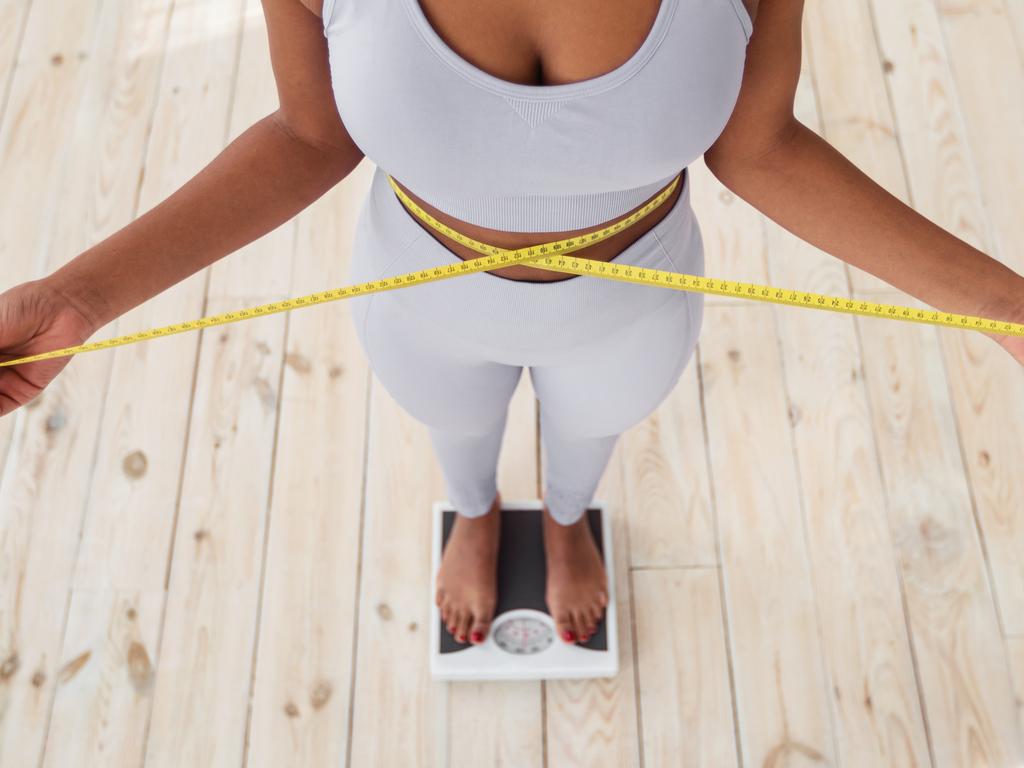
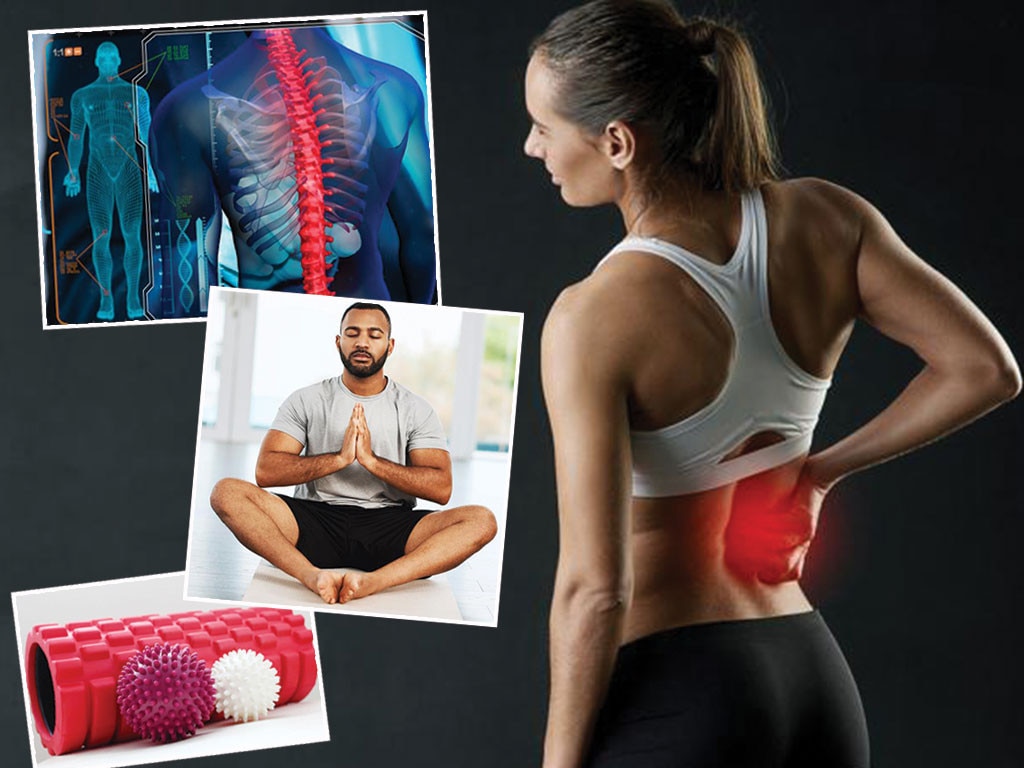
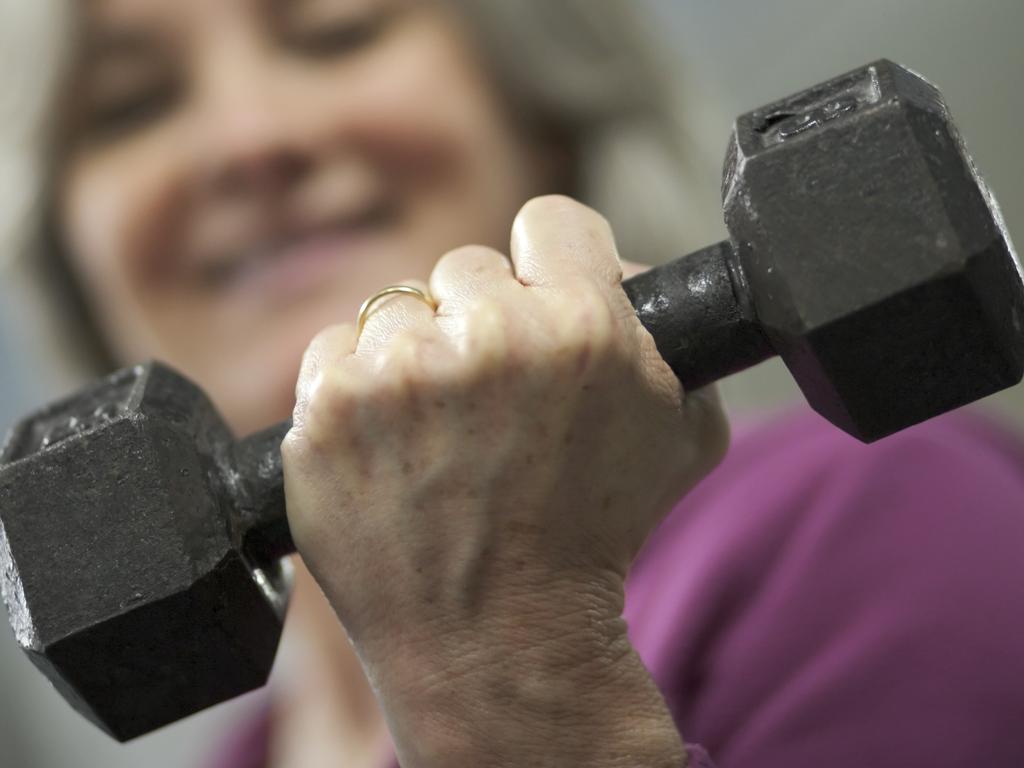



To join the conversation, please log in. Don't have an account? Register
Join the conversation, you are commenting as Logout